Intro
Learn to treat a cyst effectively with natural remedies, medical treatments, and self-care methods, alleviating symptoms and promoting healing for ovarian, sebaceous, and ganglion cysts.
Treating a cyst effectively requires a comprehensive understanding of the condition, its causes, and the various treatment options available. A cyst is a closed sac or capsule that contains fluid, semi-solid, or gaseous material, and it can occur in various parts of the body, including the skin, organs, and tissues. Cysts can be benign or malignant, and their treatment depends on their type, size, location, and symptoms.
Cysts can cause a range of symptoms, from mild discomfort to severe pain, and they can also lead to complications such as infection, rupture, or malignancy. Therefore, it is essential to seek medical attention if you suspect that you have a cyst. Early diagnosis and treatment can help prevent complications and improve outcomes.
The importance of treating a cyst effectively cannot be overstated. If left untreated, a cyst can continue to grow and cause symptoms, and it can also lead to complications. For example, a cyst that becomes infected can lead to abscess formation, which can be painful and require surgical drainage. Similarly, a cyst that ruptures can cause severe pain, bleeding, and other complications.
Treating a Cyst: An Overview
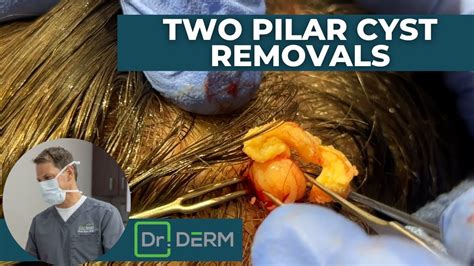
Treating a cyst typically involves a combination of medical and surgical approaches. The goal of treatment is to remove the cyst, alleviate symptoms, and prevent complications. The type of treatment used depends on the type and location of the cyst, as well as the patient's overall health.
Types of Cysts
There are several types of cysts, including skin cysts, ovarian cysts, breast cysts, and liver cysts. Each type of cyst has its own unique characteristics and treatment options. For example, skin cysts can be treated with antibiotics or surgical drainage, while ovarian cysts may require surgical removal or hormonal therapy.Causes and Risk Factors
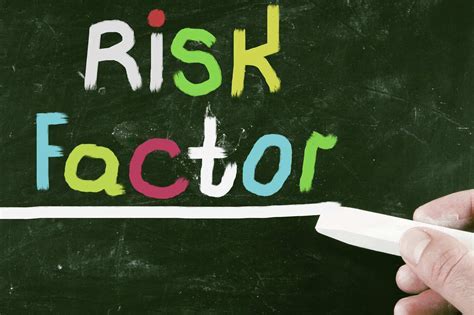
The causes and risk factors for cysts vary depending on the type of cyst. For example, skin cysts can be caused by bacterial or fungal infections, while ovarian cysts can be caused by hormonal imbalances or genetic factors. Risk factors for cysts include age, family history, and certain medical conditions.
Symptoms and Diagnosis
The symptoms of a cyst can vary depending on its location and size. Common symptoms include pain, swelling, and discomfort. Diagnosis typically involves a physical exam, imaging tests such as ultrasound or MRI, and laboratory tests to rule out other conditions.Treatment Options
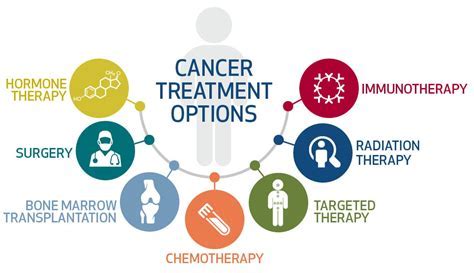
Treatment options for cysts include watchful waiting, medication, and surgery. Watchful waiting involves monitoring the cyst for changes in size or symptoms, while medication can be used to alleviate symptoms or shrink the cyst. Surgery is typically used to remove the cyst and prevent complications.
Medication and Therapy
Medication and therapy can be used to treat cysts, especially those that are caused by hormonal imbalances or infections. For example, antibiotics can be used to treat bacterial infections, while hormonal therapy can be used to shrink ovarian cysts.Surgical Treatment

Surgical treatment is typically used to remove the cyst and prevent complications. The type of surgery used depends on the location and size of the cyst, as well as the patient's overall health. Minimally invasive surgery, such as laparoscopy, can be used to remove small cysts, while open surgery may be necessary for larger cysts.
Recovery and Follow-up
Recovery and follow-up care are essential after cyst treatment. Patients should follow their doctor's instructions for wound care, pain management, and follow-up appointments. It is also important to monitor for signs of complications, such as infection or bleeding.Prevention and Self-Care
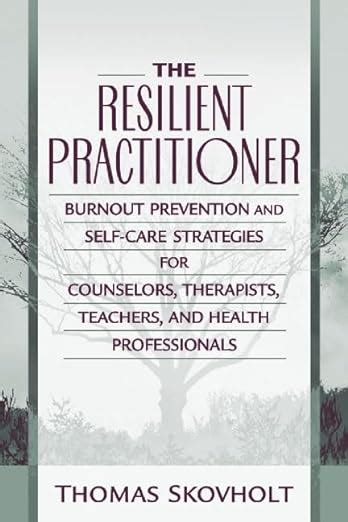
Prevention and self-care can help reduce the risk of developing a cyst. For example, practicing good hygiene, avoiding tight clothing, and maintaining a healthy weight can help reduce the risk of skin cysts. Regular check-ups with a doctor can also help detect cysts early, when they are easier to treat.
Lifestyle Changes
Lifestyle changes can also help alleviate symptoms and improve outcomes. For example, reducing stress, getting regular exercise, and eating a healthy diet can help reduce inflammation and improve overall health.Complications and Risks
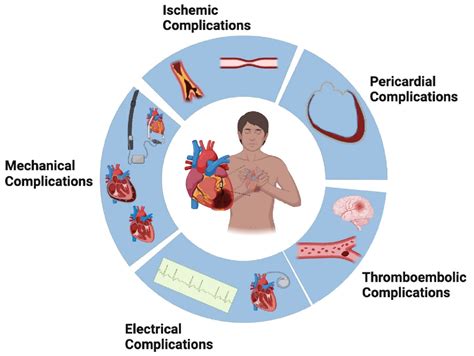
Complications and risks are associated with cyst treatment, especially surgical treatment. Patients should be aware of the potential risks and complications, such as infection, bleeding, and scarring. Regular follow-up care can help monitor for signs of complications and improve outcomes.
Long-term Outlook
The long-term outlook for cyst treatment is generally good, especially if the cyst is removed and the underlying cause is treated. However, some cysts can recur, and patients should be aware of the signs and symptoms of recurrence.What are the symptoms of a cyst?
+The symptoms of a cyst can vary depending on its location and size, but common symptoms include pain, swelling, and discomfort.
How are cysts diagnosed?
+Cysts are typically diagnosed with a physical exam, imaging tests such as ultrasound or MRI, and laboratory tests to rule out other conditions.
What are the treatment options for cysts?
+Treatment options for cysts include watchful waiting, medication, and surgery, depending on the type and location of the cyst.
Can cysts be prevented?
+While some cysts cannot be prevented, practicing good hygiene, avoiding tight clothing, and maintaining a healthy weight can help reduce the risk of skin cysts.
What is the long-term outlook for cyst treatment?
+The long-term outlook for cyst treatment is generally good, especially if the cyst is removed and the underlying cause is treated, but some cysts can recur.
In conclusion, treating a cyst effectively requires a comprehensive approach that includes medical and surgical treatment, as well as lifestyle changes and self-care. By understanding the causes and risk factors for cysts, patients can take steps to reduce their risk and improve their outcomes. If you suspect that you have a cyst, it is essential to seek medical attention to prevent complications and improve your quality of life. We invite you to share your thoughts and experiences with cyst treatment in the comments below, and to share this article with anyone who may be affected by cysts.
